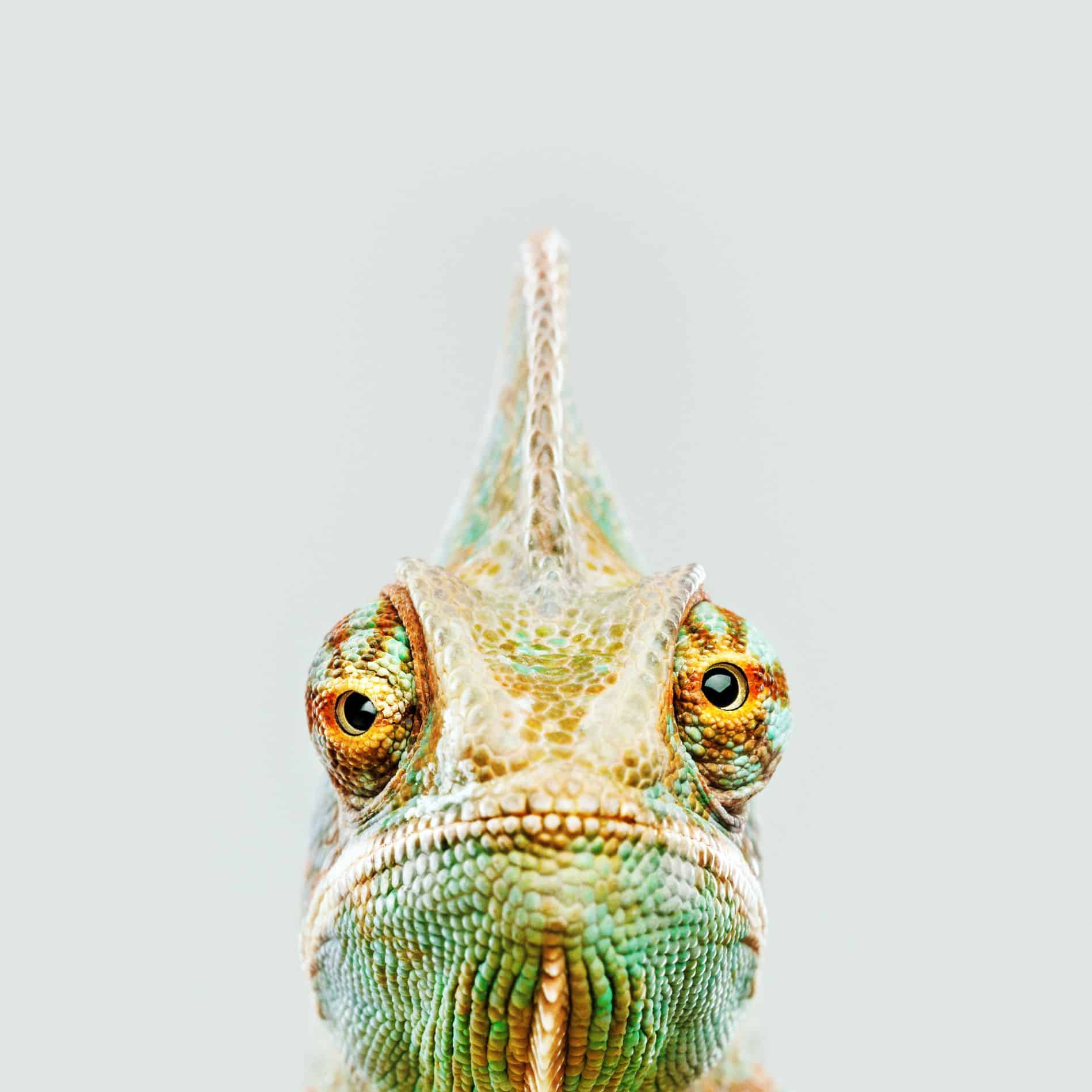Elevate Lizard Vitality Through Reptile Dental Health


A great deal goes into carefully providing for a pet reptile, but an essential component commonly overlooked. In addition to monitoring their diet, temperature, humidity, and hygiene, reptile dental health must be regularly addressed. It might sound complicated or confusing, but once you know the basics of their oral anatomy, you can help your pet reptile achieve optimal health and well-being.
Putting Into Perspective
Reptile teeth vary in size, function and form, and their special anatomy is the result of the ways in which they evolved. Depending on the lifestyle, environment, and individual behaviors, their teeth evolved to serve different purposes.
Promoting reptile dental health is relatively new, but is becoming a primary component of lizard care.
A Look at Anatomy
Just like other pets, reptiles depend on preventive dental care. Bacteria can build up inside the mouth over time, adding to plaque and tartar buildup and, in turn, cause gum inflammation and infection.
Most reptile teeth are classified as acrodont teeth, meaning they are directly attached to the bones of the jaw (as opposed to rooting into tooth sockets, like mammalian pets). If they lose an acrodont tooth, it doesn’t grow back.
Oral bacteria or fungus can result in “mouth rot,” a condition common in pet reptiles. If dental disease progresses unchecked, they could become vulnerable to bone infection. Systemic infections may affect the body’s major internal organs, like the heart and kidneys. Unfortunately, once this is diagnosed in reptiles, it is very difficult to treat effectively.
How to Help
Reptile dental health care consists of routine cleaning and polishing under anesthesia. Once plaque is removed from the teeth and gums, antibiotics and/or anti-fungla medications can be relied on for resolution.
Preanesthetic blood work confirms whether or not they can safely withstand the procedure. Depending on findings during the dental procedure, digital X-rays may be necessary to understand the possible extent of damage. A culture of infected tissue may also be tested to gain greater insight. In severe cases, bone infections must be surgically removed to allow for healing without progessive disease.
Reptile Dental Health
If you notice that your lizard shows little interest in eating, or has difficulty holding onto food in their mouth, it is time to schedule an examination. Other symptoms can include bleeding in and around the mouth, swelling of the jaws, and withdrawal.
February is Pet Dental Health Month, and we are proud to provide reptile dental health to all of our patients with scales. We can take a look at their teeth and jaws to ensure everything looks right, or move forward to prevent further disease. We can also show you how to brush your reptile’s teeth at home!
Our staff at Animal Care Unlimited is always here to help you. Please call us at (614) 766-2317 with any questions or concerns regarding reptile dental health.
